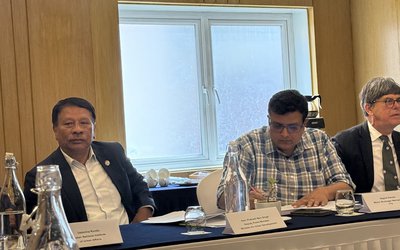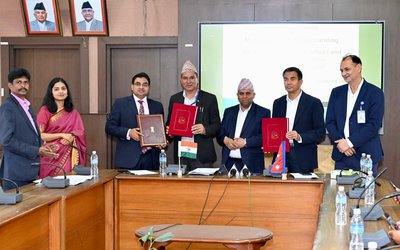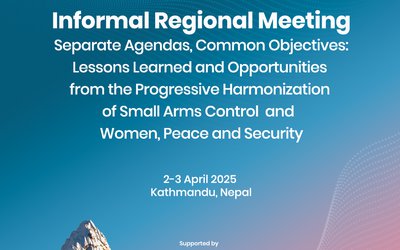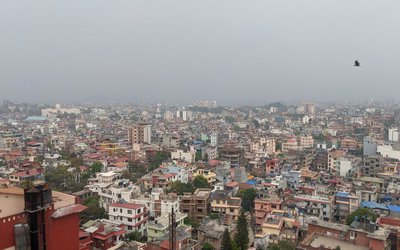
Today 19th August, every year is celebrated as World Humanitarian Day to show solidarity towards the humanitarian aid workers around the world. Humanitarian aid workers provide lifesaving assistance and bring hope and possibilities to crisis-affected people. This day 19 years ago, on 19 August 2003, a truck bomb attacked the Canal Hotel in Baghdad, Iraq, killing 22 humanitarian aid workers, including the UN Special Representative of the Secretary-General for Iraq, Sergio Vieira de Mello. After 5 years of this attack, the UN adopted the resolution designating 19 August as World Humanitarian Day.
The day pays tributes to the thousands of humanitarian aid workers around the world who gave their lives and took the risk to save the conflict-affected communities and people. Today 274 million people need humanitarian assistance and protection according to the United Nations Office for the Coordination of Humanitarian Affairs (UNOCHA), 2022 which is considered the highest figure in a decade. Humanitarian action needs to adopt new and challenging realities related to the COVID-19 pandemic, the Russia-Ukraine war, Climate Crisis and many more.
Despite all these, humanitarian aid workers are always targeted by armed groups and militia. According to United Nations 2021 data, 460 aid workers were attacked where 140 were killed, 203 wounded and 117 kidnapped. Most of this violence took place in South Sudan, Afghanistan and the Syrian Arab Republic.
Humanitarian workers are the front-liners during the crisis. They manage and support emergency response programs helping the communities in life-saving and rebuilding lives to become more resilient to cope with future crises and disasters. The humanitarian workers are exposed to risks with minimal protection which exacerbates among women humanitarian aid workers. They represent the best humanity who put their own lives at risk to save other people's lives
This year the World Humanitarian Day theme is- The Human Race. It highlights the issues related to the global climate change emergency and the immediate consequences of the climate emergency on the world’s most vulnerable and conflict-affected people.
Youth are always seen as the vulnerable group in times of crisis and disaster. Many armed groups and militia use youth as human shields. Moreover, youths are brain drained especially adolescent youths and used as soldiers in war. The world should recognize youth as an important component of humanitarian aid. Youths and youth networks should be capacitated with skills and experience to prevent, prepare, and respond to humanitarian situations. This will improve the humanitarian effectiveness and strengthen the communities to recover.
As I have worked in Iraq and Syria which are some of the worst humanitarian crises that the world has seen after the second world war, I feel that everyone and anyone can be a humanitarian. Community people are the first responder to any crisis and disaster. I also witnessed the challenges faced by the refugees and internally displaced Iraqis and Syrians. On the top, is the challenging work environment related to changing security dynamics, geo-political issues, tribal conflict, and sudden displacement influx for aid workers to deliver humanitarian assistance. Providing lifesaving assistance is not an easy task, so we need to have profound gratitude towards humanitarian aid providers.
Every nation should be committed to mobilizing young people in humanitarian actions to prevent and end conflict/ crisis, save lives of people in need due to natural disasters or climate emergencies or pandemics, and leave no one behind and invest in young people for now and in the future.
Aagya Pokharel, Master’s in Human and Natural Resource Studies from Kathmandu University and development and humanitarian practitioner. Experience working in the Middle East and Nepal. Can be reached through aagya.pokharel28@gmail.com

Aagya Pokharel
Aagya Pokharel
- Youth Participation In Nepali Politics
- Feb 07, 2022
- Roles Of CSOs In implementing UNSCR 1325
- Dec 05, 2020
- COVID-19: A Black Swan Event
- Jul 07, 2020
- COVID-19 Risks For Displaced And Host Communities
- Apr 17, 2020
- Fighting For Dalit Women Rights
- Mar 13, 2020














